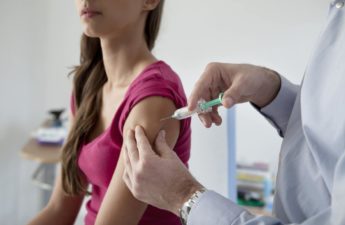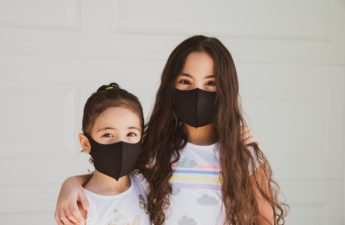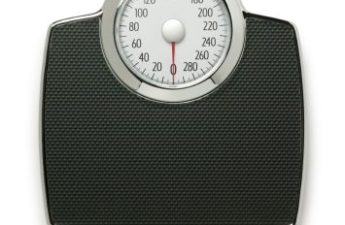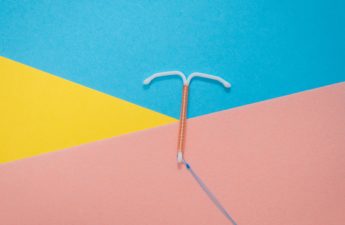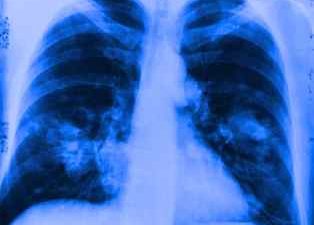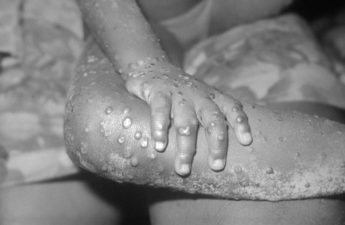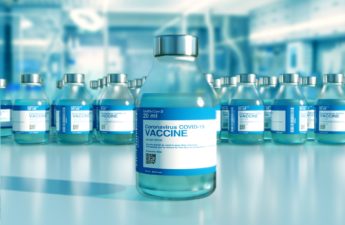Here are answers to some frequently asked questions from consumers about vaccine boosters, and resources.
WITH COVID RATES HIGH, WHAT PARENTS NEED TO KNOW ABOUT MASKING AND TESTING
The risk of exposure to COVID-19 is higher than a month ago, both within schools and in the community. That’s why Public Health has been recommending wearing masks in indoor public settings and other prevention measures, particularly since we reached the Medium Community Level.
What is medical abortion?
Tthree medical experts to answer your questions about medication abortions.
‘Almost Like Malpractice’: To Shed Bias, Doctors Get Schooled to Look Beyond Obesity
Research has long shown that doctors are less likely to respect patients who are overweight or obese, even as nearly three-quarters of adults in the U.S. now fall into one of those categories.
The Heard v. Depp trial is not just a media spectacle – it is an opportunity to discuss the nuances of intimate partner violence
Strip away the celebrity intrigue and media frenzy, and the high-profile court battle between actors Johnny Depp and Amber Heard involves issues painfully familiar to many women and men across America. intimate partner violence. IPV is experienced by an estimated 6.6 million women and 5.8 million men each year in the U.S.
Suspected case of monkeypox reported in King County
The individual is isolating and does not pose a risk to others at this time.
Birth Control Limits to Follow Abortion Bans?
Many advocates on reproductive health issues think U.S. Supreme Court Justice Samuel Alito’s draft opinion overturning Roe v. Wade will further fuel some conservatives’ efforts to limit access to birth control. Although Alito specifically said in the draft that the ruling would not pertain to other rights courts also grounded in privacy, activists worry opponents will marshal his argument on privacy to attack birth control or gay marriage, for example.
Can sniffer dogs really detect COVID almost as well as a PCR test? Turns out they can
The dogs detected COVID with a sensitivity of 92% (which refers to their ability to correctly identify those with infection) and a specificity of 91% (their ability to correctly identify those without infection).
Impending demise of Roe v. Wade puts a spotlight on a major privacy risk: Your phone reveals more about you than you think
Using a maps app to plan a route, sending terms to a search engine and chatting online are ways that people actively share their personal data. But mobile devices share far more data than just what their users say or type. They share information with the network about whom people contacted, when they did so, how long the communication lasted and what type of device was used.
Pedestrian Fatalities Spike During Pandemic
An estimated 7,485 pedestrians in the United States were struck and killed by drivers in 2021—the largest number in four decades, a new report has found.
Cancer death rates fall among Black Americans but remain higher than other groups
Black men and women had higher rates of cancer death, both overall and for most cancer types, than White, Asian or Pacific Islander, American Indian/Alaska Native, and Hispanic/Latino men and women.
European outbreak of monkeypox: what you need to know
Monkeypox belongs to the same family of viruses as smallpox, but is less transmissible. People who catch it typically develop a fever and a distinctive rash and blisters. The disease is usually self-limiting, with symptoms disappearing after a few weeks. However, monkeypox can cause severe illness, with outbreaks typically showing a case-fatality rate (the proportion of people with the disease who die from it) of between 1% and 15%, with severe disease and death more likely among children.
After Leaked Roe Ruling, GOP Weighs Stricter Abortion Bans
GOP officials in at least eight states—Arkansas, Florida, Idaho, Indiana, Montana, Nebraska, South Carolina and South Dakota—have called for special legislative sessions to consider new abortion restrictions.
WHAT’S THE DEAL WITH BOOSTERS (AND WHY IT’S A GOOD TIME FOR A BOOST)
Boosters keep your body’s protection against COVID-19 strong for longer, guarding against getting very sick, going to the hospital, or death.
Should You Worry About Data From Your Period-Tracking App Being Used Against You?
If the Supreme Court overturns Roe v. Wade, women in some states could be prosecuted for seeking or obtaining an abortion. Could data from your smartphone app be used to prosecute you? The short answer: Yes.
